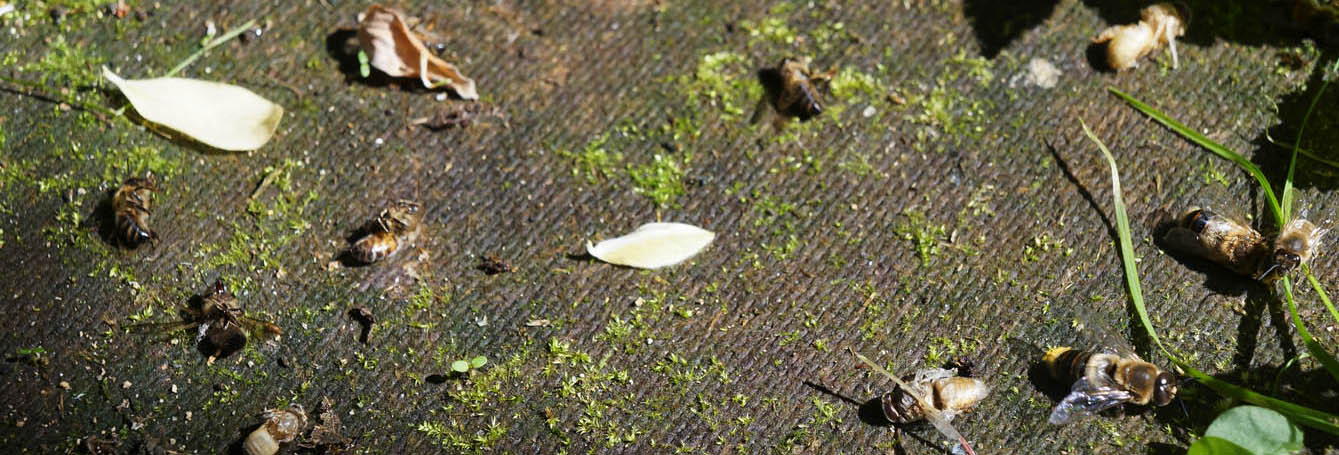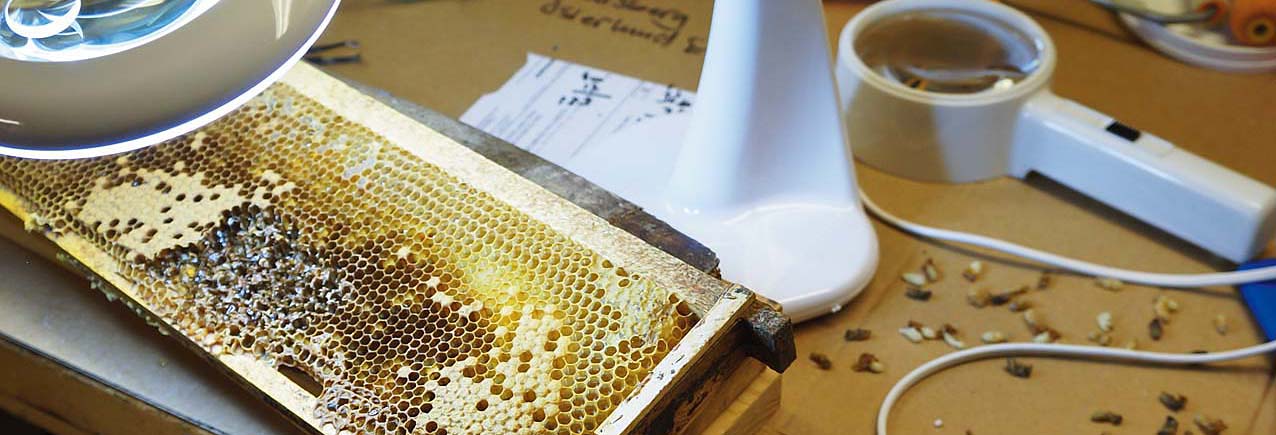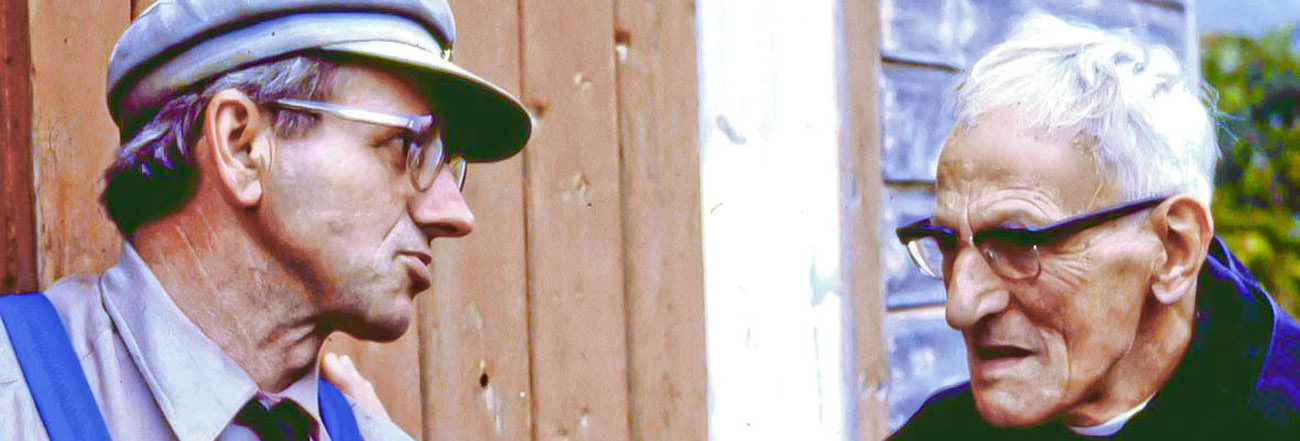Rüdiger Dietrich’s comment is so good I made it into a post of its own as well. Thanks Rüdiger! As a German I have of course to answer to Eriks contribution “Breeding for Varroa resistance: Germany versus USA”…:-). When commenting
VSH is active on drone brood as well
In my former post I wrote: “When I first read that bees don’t uncap and clean out drone pupae, as they do of different reasons with worker pupae, I was a little bit surprised as I saw it ‘all the
Dragging out drone pupae

When I first read that bees don’t uncap and clean out drone pupae, as they do of different reasons with worker pupae, I was a little bit surprised as I saw it ‘all the time’. Then I read it another
Epigenetics, genetics and breeding locally adapted bees
Randy Oliver in Sweden 8 Dec 2013 7-8 December, Randy Oliver California USA, Steve Pernal Canada and Mark Goodwin New Zealand had a workshop on parasites and pathogens, mainly Varroa and American Foulbrood. Mark Goodwin with the help of video
Breeding varroa resistence: Germany versus USA

The other day I received Imkerfreund 12-2013 in my postbox. In this issue of the German bee magazine I found an interview with the scientist leading a varroa breeding project involving beekeepers. It’s a project that has made some progress.
Peter Donovan has moved on

Peter Donovan was the longterm, faithful and skilled coworker with Brother Adam at Buckfast Abbey in southwest of England. He came to the abbey 1939 at the age of 12 when the war started and helped Brother Adam in his
Efforts for resistant bees give results

I really work for getting bees that can handel the varroa mite themselves. You get results when you do, but it’s extra work and sometimes it’s difficult to interpret what you see. And you loose some bad bees. And some